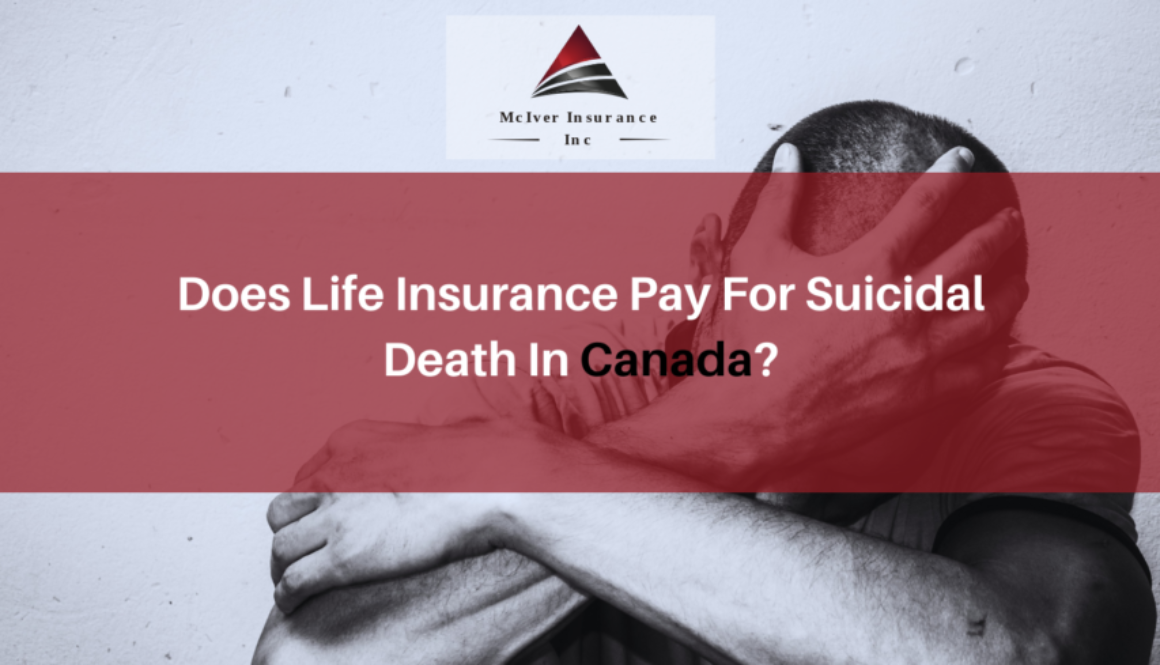Do you have a health condition that is hampering your ability to work or perform daily tasks at your fullest potential? If so, did you know that being a Canadian you could very well be eligible for a disability tax credit of over $25,000? Yes, you read that right! What’s more, you don’t have to be ‘disabled’ to qualify for this income tax benefit as according to the Canada Revenue Agency (CRA) there are two categories of disability. But more on that later.
First, what is a Disability Tax Credit (DTC)? And what health conditions are applicable in order for you to qualify? Well, for answers to these questions and a lot more you have come to the right place. Let’s take an in-depth look at “disability tax credit” and all the medical and health conditions that qualify.
What Medical Conditions Can Qualify For Disability Tax Credit?
Thousands of medical conditions are in fact applicable for DTC. To make life simpler, we will take a look at some of the most common medical conditions that regularly qualify.
Difficulty Walking/Slowed Walking
Medical conditions such as osteoarthritis, knee/hip problems, poor blood circulation, and foot disorders can all lead to difficulty in walking. Such health conditions make you ‘walk slowly’ and can hamper your daily activities.
List:
Knee/Hip Problems, Osteoarthritis, Poor Circulation, Foot Disorders
Breathing Disorders
If you suffer from chronic asthma, COPD, sleep apnea, emphysema, or in rare cases tuberculosis you automatically qualify for DTC.
List:
COPD, Emphysema, Tuberculosis, Chronic Asthma, Sleep Apnea
Limited Upper & Lower Body Mobility
Any medical conditions that can cause mobility issues can deem you eligible for DTC. This includes back and neck pains, weakness in arms or legs, or being overweight as a result of pre-existing medical conditions.
List:
Weak/Shaky Hands or Arms, Back/Neck Problems
Cognitive Issues
It’s not just the body that can impair you from being able to conduct daily tasks. The mind is just as important. Conditions such as memory loss, Alzheimer’s, ADHD, depression, dementia, etc. are all applicable.
List:
Memory Loss, Confusion, Alzheimer’s, Dementia, Depression, ADHD
Impaired Hearing
If you are close to being deaf, have poor hearing, or require the use of hearing aids you qualify for DTC.
List:
Hearing Aids, Need of Hearing Aids, Poor Hearing
Digestive Disorders
It’s not just the external physical impairments that can hinder you from performing daily tasks. Internal issues, particularly those related to the digestive system, are equally significant.
List:
Inflammatory Bowel Disorder, Crohn’s/Colitis, Incontinence, Prostate
Understanding “Disability” & “DTC”
Disability Tax Credit (DTC) is essentially a non-refundable tax credit that is provided by the CRA to help reduce the amount of income tax people with disabilities or their supporting persons have to pay when filing their returns.
Being eligible for DTC can also open up other possible federal, provincial, or territorial relief programs such as child disability benefit, registered disability savings plan, and the Canada workers benefit program.
What many Canadians don’t realize is that the CRA has two categories under DTC; disabled group and slowed group. Eligibility for either group is not based solely on the medical condition itself, but rather, on how that condition affects impairment.
Disabled Group
This group contains all individuals that are disabled to an extent that they are unable to perform even the basic activities needed for daily living.
Slowed Group
Not many people know about this category as many Canadians believe that DTC is only applicable to ‘disabled’ individuals. That’s not true! The ‘slowed group’ according to the CRA, includes all individuals who take a lot more time to do basic daily activities as a result of existing medical conditions.
Does It Matter What Group You Fall Under?
Both groups qualify equally for DTC and receive the same level of benefits. However, shockingly, very few Canadians who fall under the ‘slowed group’ ever apply for DTC. This could be because either they are not aware that they qualify or their advisors don’t believe they are.
Note: Disabled & Slowed Individuals Can Both Qualify For Disability Tax Credit & Receive Equal Benefits!
Frequently Asked Questions (FAQs)
Q1) If I qualify under DTC am I considered ‘disabled’?
No, you are not. All claims and benefits within the DTC program remain independent and confidential between you, your medical practitioner, and the CRA. It is up to you to authorize if you want anyone else to know. Even those who would normally have access to your private income tax information would not have access to your DTC information unless you have provided explicit consent.
In no way, does applying or being approved for a disability tax credit, label you as being ‘disabled’. Remember, DTC is purely from an income tax standing, not a medical standing. It has no bearing on a formal medical classification in any way.
Q2) Are there any cons to receiving DTC benefits?
As DTC is but an income tax reduction credit it bears no negative financial implications for those receiving DTC credits. Basically, you are not getting anything extra. You are simply getting a reduction on the amount of tax you owe. Thus, DTC is not considered income and thus doesn’t impact other income or health benefit sources you may. So, no, there are no real cons to receiving DTC credits for any Canadian.
Q3) How to apply for DTC?
In order to apply, you must first submit Form T2201, Disability Tax Credit Certificate. Part A of the form needs to be completed by the disabled person or a family member. Part B of the form needs to be filled out by a medical doctor or health practitioner. Approval of Form T2201 is needed from the CRA before you can file your taxes and claim DTC.
Q4) Medical conditions that qualify for the tax credit and eligibility criteria
Qualifying for the Disability Tax Credit in Canada
The Disability Tax Credit (DTC) in Canada is a non-refundable tax credit designed to help those with severe and prolonged impairments reduce their income tax. The eligibility for this credit is not strictly based on the specific diagnosis, but rather on the severity and duration of the impairment caused by the condition. A wide range of conditions can potentially qualify for the DTC. These include, but are not limited to, cancer, diabetes, multiple sclerosis, cerebral palsy, epilepsy, deafness, blindness, intellectual disability, autism, Tourette’s syndrome, muscular dystrophy, chronic fatigue syndrome, Crohn’s disease, Alzheimer’s disease, Parkinson’s disease, schizophrenia, bipolar disorder, major depressive disorder, anorexia nervosa, bulimia nervosa, and post-traumatic stress disorder. Each of these conditions, if severe and prolonged, could potentially meet the eligibility criteria for the Disability Tax Credit in Canada, providing much-needed financial relief for those affected and their families.
Who Should I Call To Get Started?
If you believe you fall under either the disabled or slowed group and would like to discuss how DTC could be applicable to you based on your insurance policy it is always best to first consult with the experts.
When you think of experts, you think of McIver Insurance. Based out of Halifax, NS, we specialize in all types of insurance matters. If you are seeking medical insurance, health insurance, life insurance, or are looking for a better policy we got you covered!
A quick, free, and no-obligation chat is all you need in order to figure out what insurance plan would be best suited to your needs.









